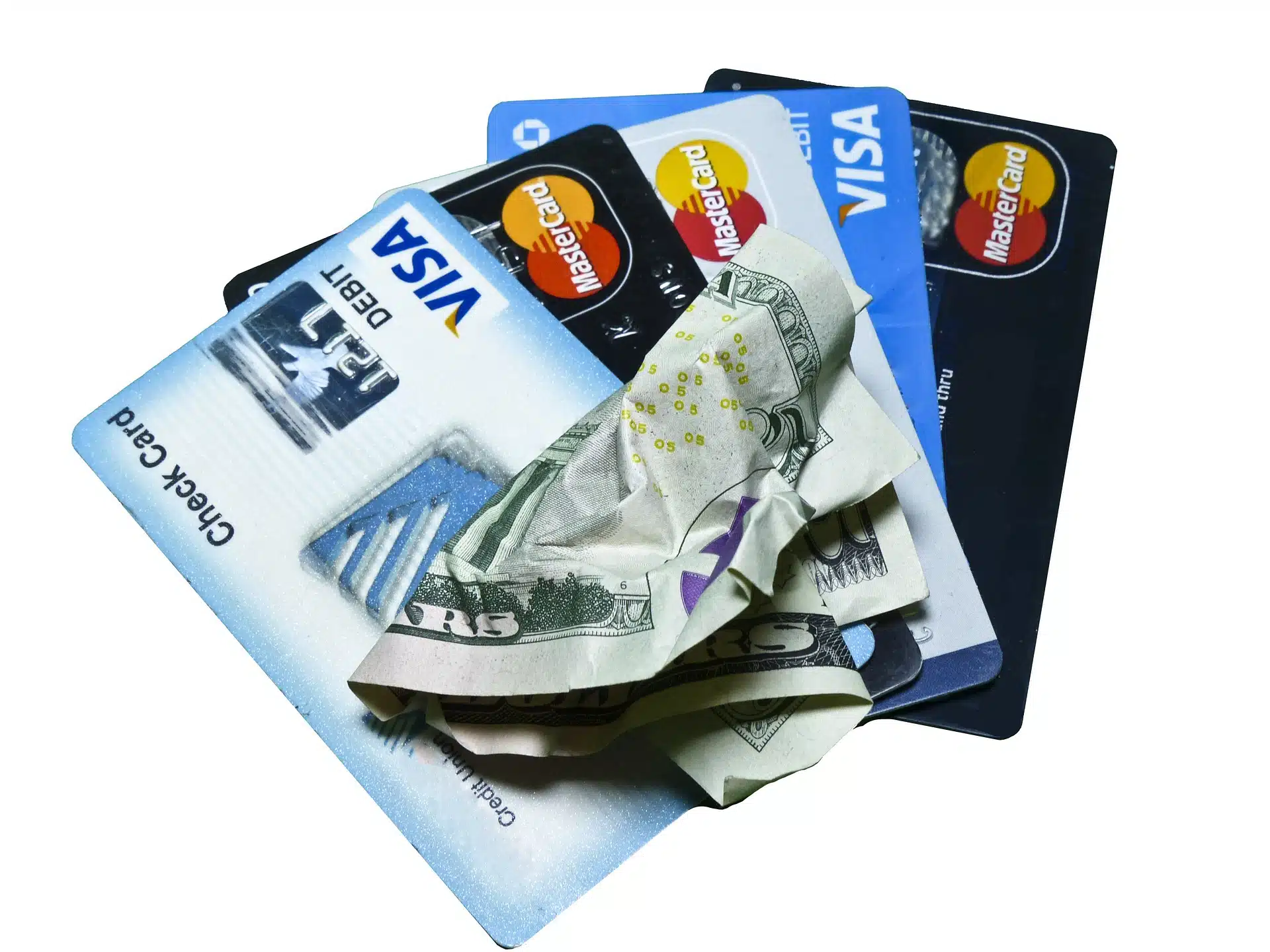If you cannot pay your bills, you’re losing income through wage garnishment, and receiving calls and letters from collection agencies, filing for Chapter 7 bankruptcy can provide the debt relief you need to get a fresh start. But do you include all debt in Chapter 7? bankruptcy? Robert Stiberman, a bankruptcy attorney at Stiberman Law Firm, is sharing what you need to know.
First, it’s important to have a clear understanding of exactly what Chapter 7 bankruptcy is before you start the filing process. This type of bankruptcy allows you to liquidate your debts rather than having to keep up with a payment plan. A bankruptcy judge assigns a trustee to gather your nonexempt assets and property, such as second cars, non-retirement investments, and the contents of a savings account. Then, the bankruptcy trustee liquidates them into cash, using the proceeds to pay off creditors.

High-priority debts, including back child support and back student loans, are paid first, then unsecured creditors are paid. Most unsecured debt (meaning there’s no collateral, like a house or a car) is discharged, absolving you from having to pay.
It’s important to note that as soon as your bankruptcy filing is accepted, an automatic stay is applied to all attempts at debt collection. This means all wage garnishment, court filings from creditors, and letters and phone calls from unsecured creditors must cease immediately.
While the bankruptcy court may allow debt collection from secured creditors during Chapter 7, such as foreclosure of a mortgage or repossession of a vehicle, to continue during your case, it is initially also paused. However, at the completion of your bankruptcy case, collection attempts against secured debt can start back up again.
At the completion of your bankruptcy case, the following debts are discharged:
Not all debts are eligible for a Chapter 7 bankruptcy discharge:
The short answer to this is yes. Your bankruptcy case requires you to include all your debts in your bankruptcy schedules, including secured debt and unsecured debt, even if you are in good standing or don’t carry a balance. Failure to do so can result in the hassle of filing amended bankruptcy forms which can make the bankruptcy process longer and more complicated, or in a worst-case scenario, you may be facing fraud charges. Let’s look at the types of debt you may not want to include in your bankruptcy case and why you need to include them when you file for Chapter 7 bankruptcy.
Many people are afraid to list a mortgage or car loan because they are afraid they’ll lose them. However, if you are in good standing and they are eligible for exemptions, you will get to keep these. It’s also beneficial to list these debts when filing for bankruptcy because, in order to file for Chapter 7, federal bankruptcy laws require you to pass a means test.
In order to file bankruptcy, you have to prove that your income is below the median income in Florida for your family size and that your living expenses are high enough to where you can’t afford a debt repayment plan. By leaving your mortgage and car loan off your bankruptcy forms, your monthly income after expenses will appear to be higher, and thus, you may be ineligible to file for Chapter 7 bankruptcy.
Let’s say you have had a credit card for 10 years, you don’t have a balance on it, and you’d like to keep it, so why should you include it?
Unfortunately, you can’t keep a credit card when filing bankruptcy — credit card companies will receive notification that you’ve filed for Chapter 7 bankruptcy and automatically close your account, even if it’s in good standing or has no balance. This ensures they don’t inadvertently violate the automatic stay provision.
As we mentioned above, there are several types of debt that can’t be discharged, so why include them when filing Chapter 7?
First, this goes back to the means test. You don’t want to minimize your monthly expenses, such as student loans or child support because the bankruptcy court may determine that you are capable of making a monthly payment towards your debts.
Second, you may still receive debt relief for these debts. The trustee will pay off your highest priority debts first, specifically domestic payments and federal student loans, so this will allow you to finalize your bankruptcy case with an improved outcome on these accounts as well as have the discharged debts erased from your financial records.
Finally, amending your forms can extend the length of time it takes to complete your Chapter 7 case and can create unneeded stress and difficulty.
If you took out a personal loan from a friend or family member, this should also be included when filing bankruptcy. While you may be embarrassed and don’t want them to know that you are in Chapter 7, they need to know and will probably get a notice from the bankruptcy court anyway. Even though their loan will be a part of the bankruptcy discharge, you can still repay them, as there isn’t any law against paying back a creditor, but this ensures you remain in good standing.
Do You Include All Debt in Chapter 7 Bankruptcy?
If you are ready to file for Chapter 7, don’t attempt to navigate the bankruptcy process alone. Instead, schedule a free consultation with a bankruptcy lawyer today and get the support, guidance, and advocacy you need to come through this with a fresh financial start. To get started, call us at 954-807-1562 or fill out the form below.
Our team of dedicated chapter 7 lawyers are ready to help you navigate the complex legal process and find the best possible solution for your unique financial situation.
Speaking to our law firm is always 100% confidential. We do our best to respond to inquiries in under 24 hours.

We’ll get in touch as soon as possible.